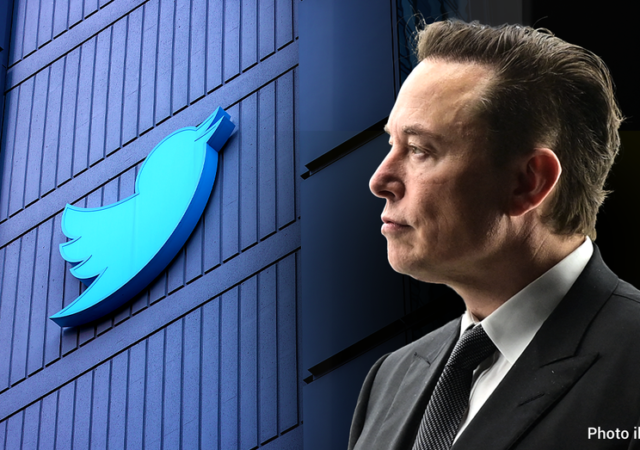Google’s search ranking system has been unveiled following a massive leak of a crucial API for the company’s search platform. Leaks are contradicting what Google has said in the past.
More Changes to Twitter, Now Google Cannot Even See Tweets
Twitter has gone through even more changes than ever before. You can even see the changes in a Google Search with less tweets showing up.
Recent Posts
- OPPO Enco X3s Debuts With Advanced ANC & Dynaudio Sound
- OPPO Launches ColorOS 16: Smarter AI, Seamless Smoothness, and Open Connectivity
- OPPO Unveils Find X9 Series, Bringing a 200MP Hasselblad Telephoto Camera and Massive Batteries
- Samsung Galaxy Z Flip7 5G In-Depth Review: Bigger and More Intelligent in All The Right Ways with Space for Possibilities
- The Digital Architects: How Leveraging AI is De-risking Our Clean Energy Future
Recent Comments
- user-465340 on Graphisoft is Designing the Future with Mindful Integration of Generative AI, Sustainability and Effiency
- Alan Shelby on Wondershare Repairit Online: A Free and Reliable Video Repair Platform
- Ally on Google Reveals the Pixel Fold, The Next Word in Foldables
- Carol science on HyperSense named in 2022 Gartner® Market Guide for Multipersona Data Science and Machine Learning Platforms
- Gina keveryn on YouTube Removes Public Dislike Count Visibility
Archives
- October 2025
- September 2025
- August 2025
- July 2025
- June 2025
- May 2025
- April 2025
- March 2025
- February 2025
- January 2025
- December 2024
- November 2024
- October 2024
- September 2024
- August 2024
- July 2024
- June 2024
- May 2024
- April 2024
- March 2024
- February 2024
- January 2024
- December 2023
- November 2023
- October 2023
- September 2023
- August 2023
- July 2023
- June 2023
- May 2023
- April 2023
- March 2023
- February 2023
- January 2023
- December 2022
- November 2022
- October 2022
- September 2022
- August 2022
- July 2022
- June 2022
- May 2022
- April 2022
- March 2022
- February 2022
- January 2022
- December 2021
- November 2021
- October 2021
- September 2021
- August 2021
- July 2021
- June 2021
- May 2021
- April 2021
- March 2021
- February 2021
- January 2021
- December 2020
- November 2020
- October 2020
- September 2020
- August 2020
- July 2020
- June 2020
- May 2020
- April 2020
- March 2020
- February 2020
- January 2020
- December 2019
- November 2019
- August 2019
Categories




